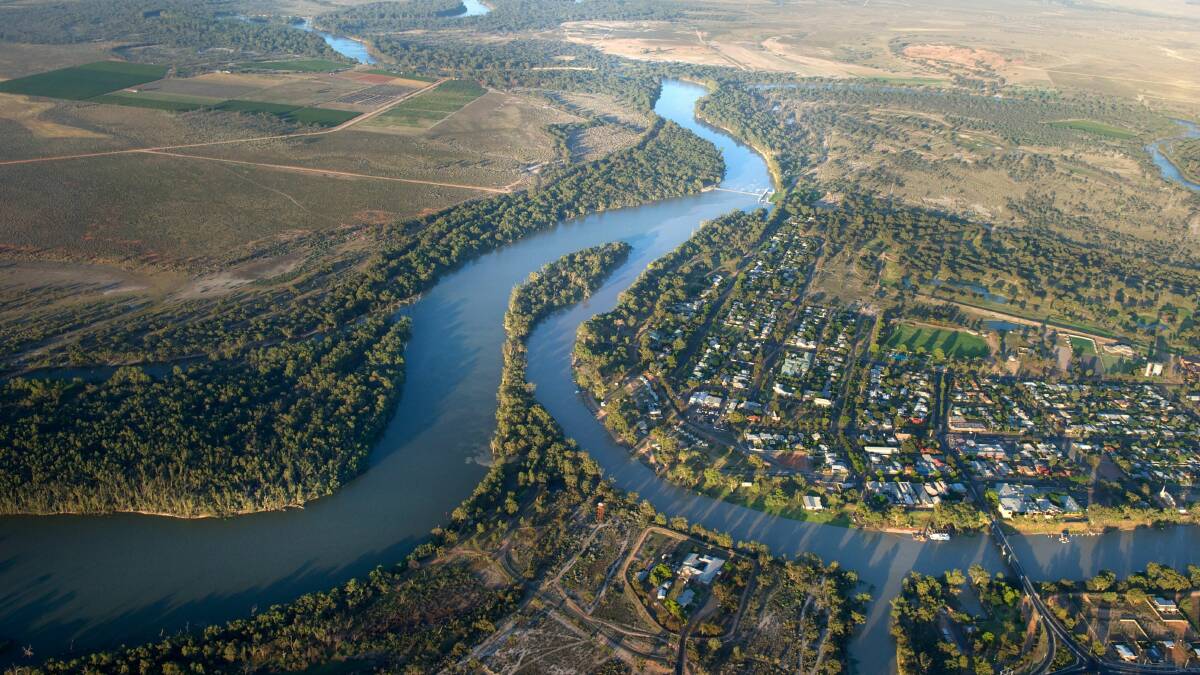
A new report has backed the government's proposal to rewrite the Murray-Darling Basin Plan, but more than 70 per cent of public submissions oppose the controversial legislation.
Subscribe now for unlimited access.
$0/
(min cost $0)
or signup to continue reading
The Productivity Commission released its report on the roll out of the MDBP, which found despite the prospect of more time and money, a significant water recovery shortfall was likely.
The report recommended stage voluntary water entitlement buybacks, along with government support to help communities "transition to a future with less available water" - a policy Labor has already committed to and is attempting to pass through the Senate.
Although the Commission broadly supported the government's plan, more than 70 per cent of the public submissions oppose the legislation, which seeks to push the basin plan's deadline to 2027 and make it easy for the government to purchase water licences.
The review, by the NSW Irrigators' Council, also found 66pc of the submissions did not support water buybacks, which rose to 76pc within the basin.
A Senate inquiry will begin public hearings this week, as it investigates Labor's bill.
NSWIC chief executive Claire Miller said the submissions were a wake-up call to the Albanese government, who must start listening to the people whose communities were on the line.
"People who live in the basin know from past lived experience exactly how buybacks hurt and hollow out their towns and their communities," Ms Miller said.
"Their voices, expressed in the majority of submissions, must carry more weight than those of city-based academics and activists who may be well intentioned, but have no skin in this game.
"Basin communities, on the other hand, have witnessed the lasting and devastating effects of buybacks. They've seen the jobs lost and families leaving town, leaving schools struggling with declining enrolments, shops shutting up, and essential services disappearing."
All local governments that made a submission opposed Labor's legislation, while 80pc of submissions pushed to keep the socio-economic testing that prevents water licence purchases that have a negative impact on communities.
Most submissions support complementary measures to fix river health.
Water Minister Tanya Plibersek said the Productivity Commission's report confirmed "what we already knew" and the legislation before the Senate would "rescue the plan".
"After a decade of sabotage under the Liberals and Nationals, the Murray-Darling Basin Plan is off track," she said.
"Unlike the Liberals and Nationals, Labor has always been committed to the Plan. Labor wrote it and Labor governments have delivered it. More than 80 per cent of the water recovered under the Plan so far has been under federal Labor governments."
In its report, the commission recognised the government's move to allow more time to implement plan, but warned it "won't be enough" because of the lack of progress made in the past five years.
It warned that the basin plan "will not be fully implemented on time or on budget", with key infrastructure works and other changes "progressing slowly".
The plan includes the recovery of 450 gigalitres a year through water efficiency measures, but the commission found just 26 gigalitres a year had been secured so far and 13 water resource plans in New South Wales, due four years ago, were yet to be established.
The commission recommended the establishment of a government-owned corporate entity, which operates at arm's length from governments, to undertake water recovery and implement some supply projects.
The report also found more effort must be made to ease river constraints on environmental water delivery, which were "critical to the success of the basin plan", and should be progressed separately from the water recovery targets.


